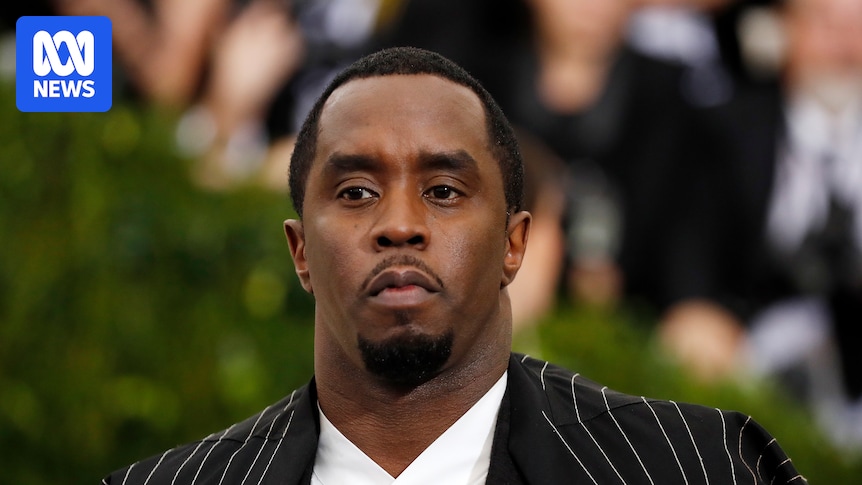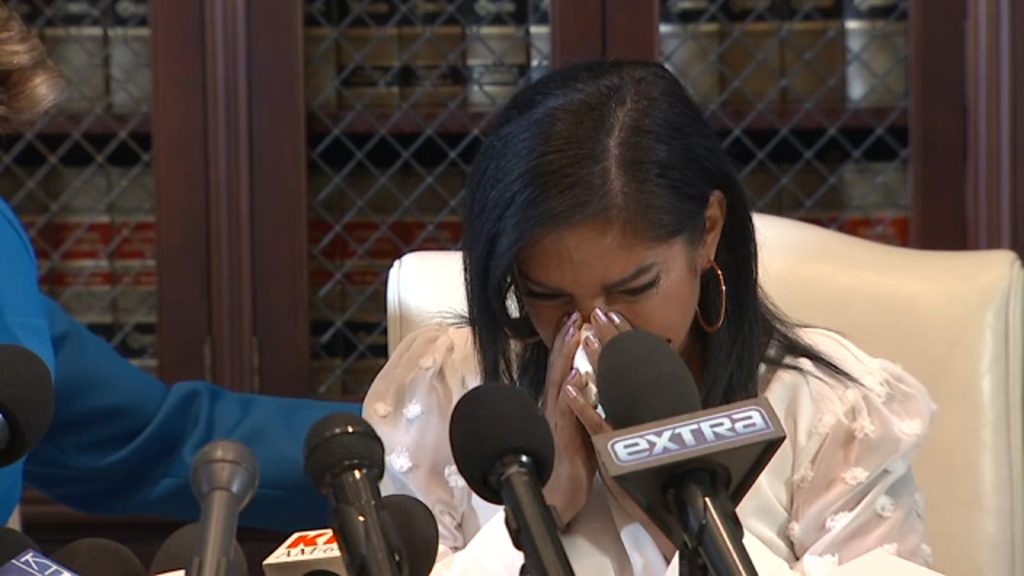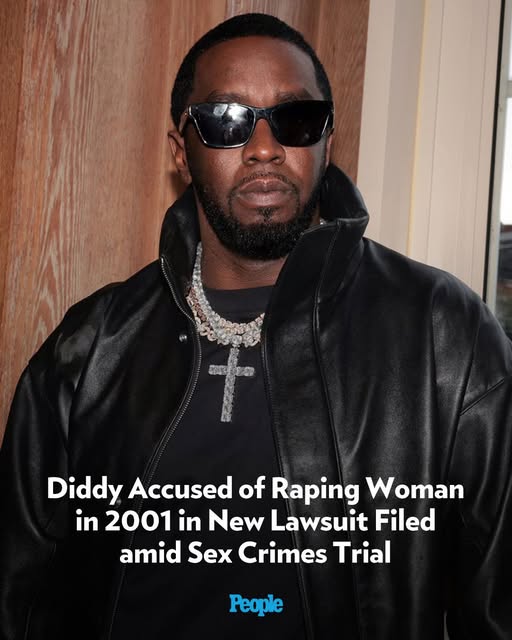Sean “Diddy” Combs, the renowned music mogul, is confronting a new legal challenge as a woman, identified as Jane Doe, has filed a lawsuit accusing him of rape in July 2001. This development emerges during Combs’ ongoing federal trial on charges including sex trafficking, racketeering, and transportation for prostitution.
Details of the 2001 Allegation
According to the lawsuit filed in the New York County Supreme Court on May 14, 2025, Jane Doe alleges that she met Combs in May 2001. She claims that in July of the same year, after socializing with Combs and others, she was taken to his New York City apartment. There, she asserts that Combs forcefully led her into his bedroom, placed his hand around her throat, and stated, “I’m going to suck the life out of you,” before allegedly raping her. The complaint includes graphic details of the incident, highlighting the severity of the alleged assault .

Context Within Ongoing Legal Proceedings
This new lawsuit adds to the mounting legal troubles for Combs, who is currently on trial in Manhattan facing serious federal charges. The ongoing trial, which began on May 12, 2025, is expected to last eight weeks and includes testimonies from multiple accusers. Central to the prosecution’s case is Casandra “Cassie” Ventura, Combs’ former partner, who has provided detailed accounts of alleged abuse during their decade-long relationship .
Cassie Ventura’s Testimony
Cassie Ventura’s testimony has been a focal point in the trial. She described being coerced into participating in drug-fueled sex parties, referred to as “Freak Offs,” where she was allegedly forced into degrading acts, often filmed for potential blackmail. Ventura recounted instances of physical abuse, including a 2016 assault captured on hotel surveillance footage. She also testified about being forced to engage in sexual activities during her menstrual cycle and being urinated on by Combs .
Prosecution’s Allegations and Evidence
Prosecutors allege that Combs orchestrated a criminal operation involving the exploitation of women through coercion, drug use, and violence. The so-called “Freak Offs” reportedly involved both coerced women and male sex workers transported from across the U.S., with logistical support from Combs’ associates. Evidence presented includes more than 1,000 bottles of lubricants found during federal raids, suggesting the scale and organization of the alleged activities .
Defense’s Position
Combs has pleaded not guilty to all charges. His defense team argues that the relationship with Ventura and other accusers was consensual, despite the allegations of abuse and coercion. They contend that the prosecution’s case relies heavily on uncorroborated testimonies and lacks concrete evidence of criminal conduct. Combs remains in custody at the Metropolitan Detention Center in Brooklyn as the trial proceeds .
Implications of the New Lawsuit
The emergence of the 2001 rape allegation adds complexity to the ongoing trial and could influence public perception and jury deliberations. It underscores the pattern of accusations against Combs, suggesting a history of alleged misconduct spanning decades. Legal experts note that while the new lawsuit is separate from the federal charges, it may impact the overall narrative and credibility assessments within the trial.
Broader Context of Allegations
Combs has faced multiple accusations over the years. In addition to Ventura’s claims, other women, including Thalia Graves and April Lampos, have filed lawsuits alleging sexual assault and misconduct dating back to the 1990s and early 2000s. These cases depict a consistent pattern of alleged abuse, involving coercion, drugging, and threats, painting a troubling picture of Combs’ interactions with women over the years .

Conclusion
As Sean “Diddy” Combs’ trial continues, the new rape allegation from 2001 intensifies the scrutiny on his past behavior and legal accountability. The accumulation of testimonies and lawsuits presents a challenging landscape for the defense and raises significant questions about power dynamics and abuse within the entertainment industry. The outcome of this trial could have far-reaching implications for how such cases are perceived and prosecuted in the future.

















